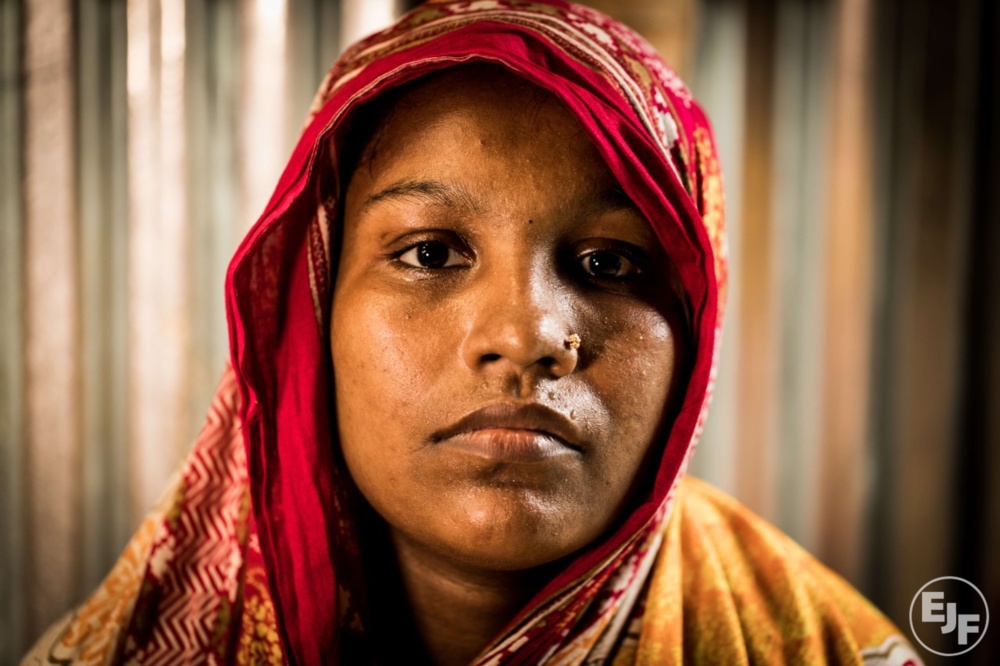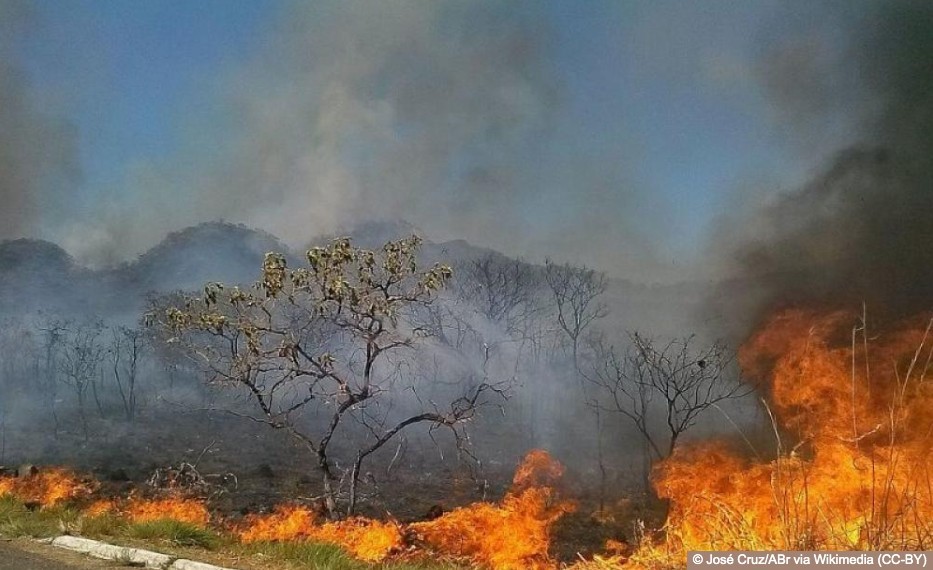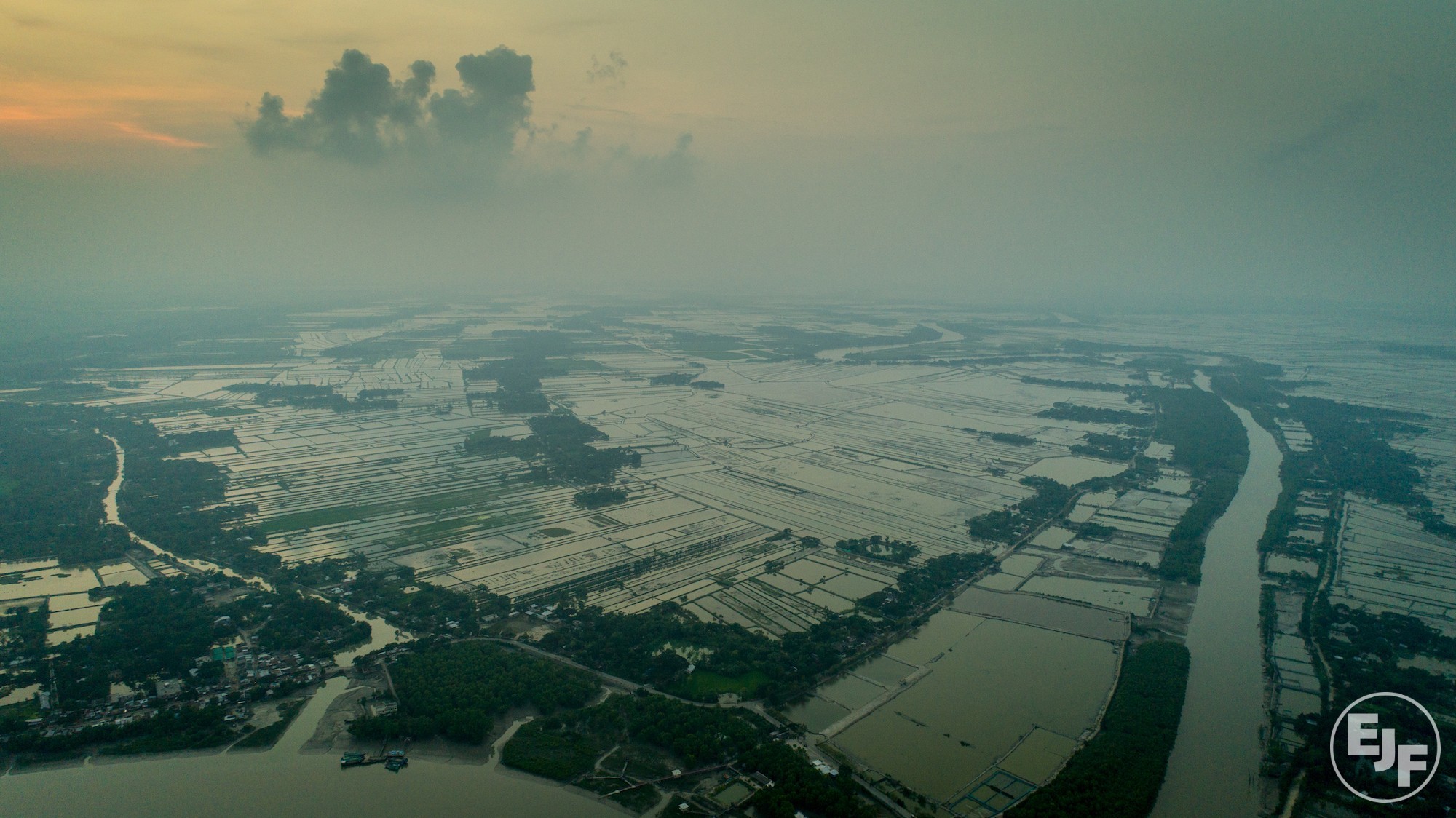
Climate reflections: Human stories of hope and fear
EJF and the Scottish Communities Climate Action Network are working together to harness the power of stories. From 18 to 22 November, the exhibition Climate reflections: Human stories of hope and fear will be free to view at Out of the Blue in Edinburgh.
EJF’s No Place to Call Home photography and film exhibition will be presented in a fresh context alongside Scottish Communities Climate Action Network’s Future Voices participatory podcast project. These works have been brought together as an immersive multimedia experience that explores the links between creativity and climate action; storytelling and systems change.
In the words of Ella Saltmarshe, who is helping to curate the exhibition, “when it comes to changing the values, mindsets, rules, and goals of a system, story is foundational.”
EJF’s portrait series of climate refugees was created to raise awareness of climate change as a human rights issue. The stories that go with the photographs, which will be presented in this exhibition as audio dramatisations by playwright Ursula Rani Sarma, bring to life the impacts of the climate crisis being felt by people across the world right now.
Since 2008, weather-related hazards have displaced an average of 21.7 million people each year: the equivalent of 41 people every single minute. This does not include those forced to flee their homes as a consequence of slow-onset environmental degradation, such as droughts or sea level rise.
Included in the exhibition are the stories and images of Sami reindeer herders from northern Sweden, emphasising the fact that, although the planet’s poorest and most vulnerable are suffering the worst effects, developed countries have not and will not escape the devastating impacts of the climate crisis. This point is also demonstrated by the stories of mitigation and adaption to climate change in Scottish community settings, told in the Future Voices podcasts.
By presenting these works together, ‘Climate reflections’ connects local and global voices; grounds the global reality of climate change in individual and community experience; and communicates the personal cost of the legal and political insecurity of climate refugees.
Drawing from the work of Ella Saltmarshe, the exhibition advocates for the power of alternative narratives to motivate and guide action on climate issues. Securing justice for climate refugees whose human rights are threatened by the relentless injustices of climate change has been an ongoing priority for EJF.
As climate change impacts manifest with increasing severity in those places which have done least to contribute to anthropogenic global warming, negative outcomes for vulnerable people are compounded by the lack of an international framework to protect the displaced.
By bringing awareness to personal stories, EJF highlights the risks faced by those who are marginalised by society and have no voice in international law, and points towards the remedy of recognition in both spheres.
SIGN UP FOR OUR EMAILS AND STAY UP TO DATE WITH EJF

